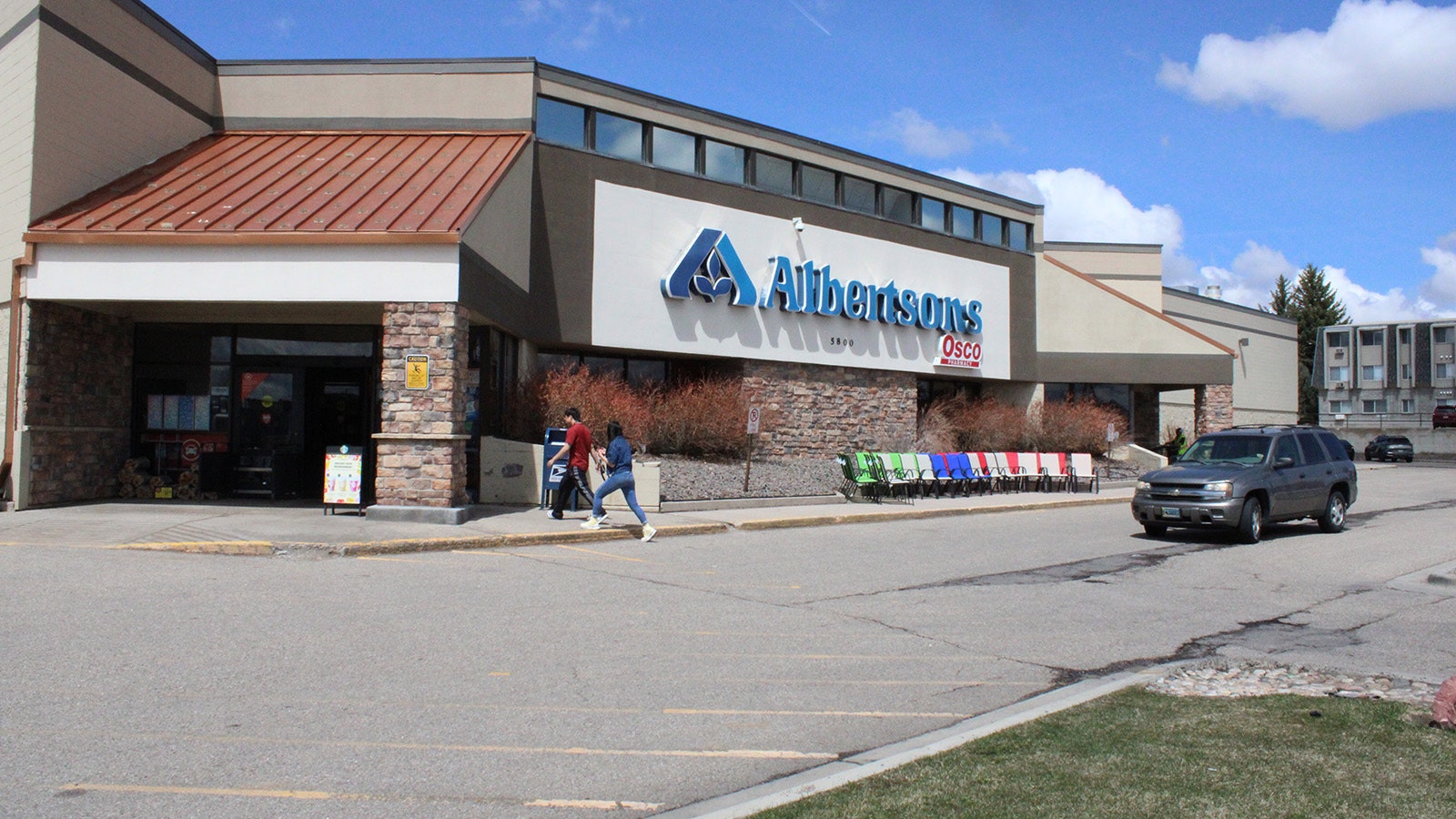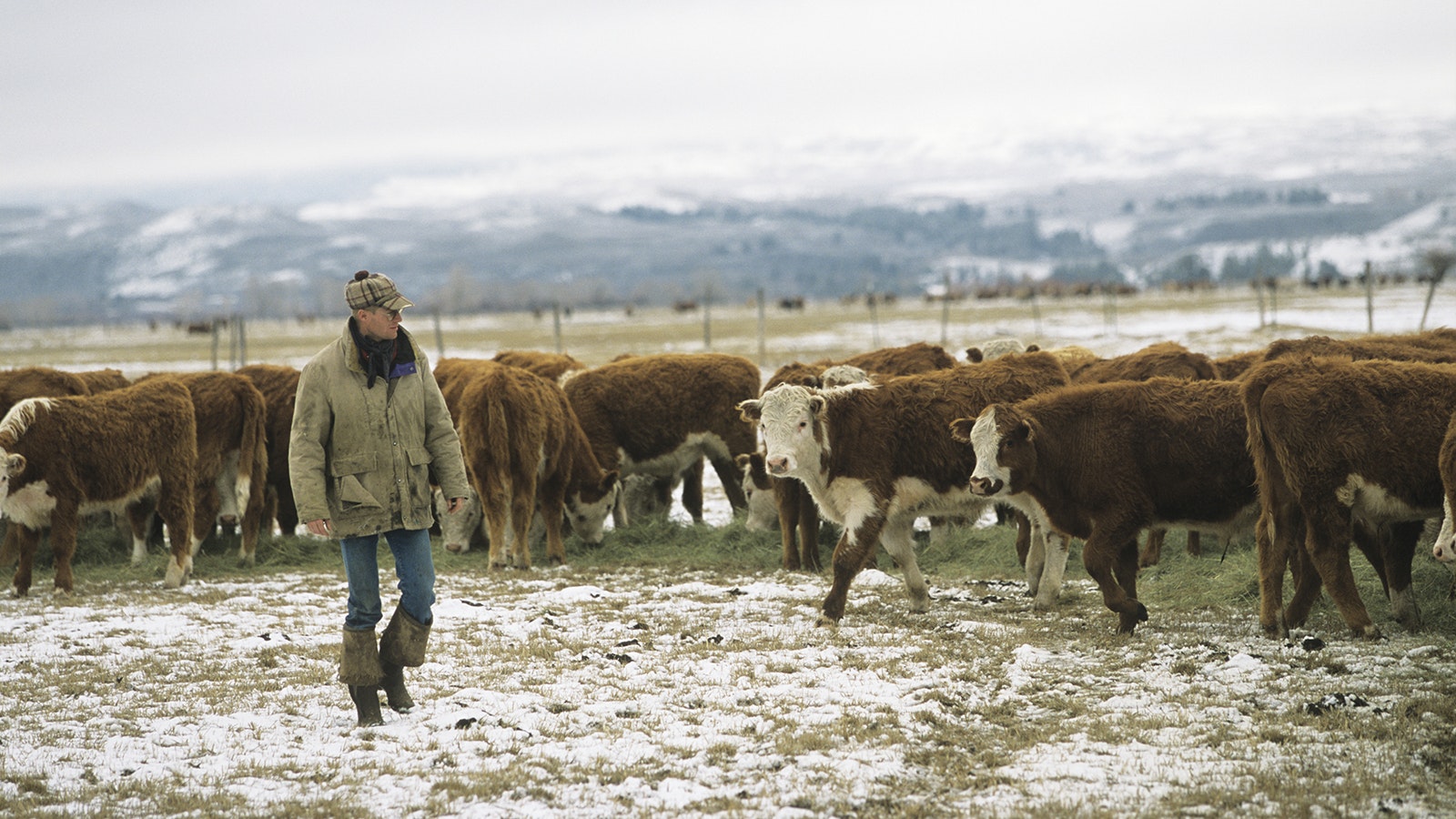Sometimes the best defense is a strong offense.
That’s the tack Kroger is taking with a lawsuit it’s filed against the Federal Trade Commission to block the federal antitrust regulator’s in-house proceedings against Kroger’s planned $25 billion merger with Albertsons.
The lawsuit comes days ahead of a hearing of FTC’s own lawsuit, filed in Oregon, that seeks to block the merger on the grounds that it will concentrate the grocery sector too much, inhibiting competition and raising prices on consumers already weary of high grocery prices and thin pocketbooks.
The premise of Kroger’s lawsuit against the FTC rests on a Supreme Court decision in June that says the Securities and Exchange Commission can no longer rely on in-house courts to resolve enforcement disputes like fraud.
“A defendant facing a fraud suit has the right to be tried by a jury of his peers before a neutral adjudicator,” Chief Justice John Roberts wrote in the majority opinion in the case SEC vs Jarkesy.
If the SEC may not bypass the court system to decide a private party’s individual rights, Kroger’s lawsuit reasons then neither may the FTC.
“The FTC has sought to split its challenge to the merger into two separate tribunals in an inappropriate attempt to receive multiple opportunities to litigate the same issues,” Kroger says in a statement. “Despite forcing Kroger to participate in this unconstitutional administrative proceeding, the FTC has also filed a motion in the federal court proceedings seeking to block the merger for the duration of its administrative proceeding — which will likely take several years to resolve.”
Labor Groups See More Outlandish Spending
So far, three court cases have been teed up against the Albert-Krogerson merger, one from the FTC that has nine states, including Wyoming, and one each from Colorado and Washington.
Merger-related expenses have topped $1 billion, according to documents filed with the SEC. Those expenses are not limited to legal fees, but with so many legal cases swirling around the merger, those expenses are bound to inflate a figure that labor and consumer groups have characterized as outlandish.
UFCW Local 7 President Kim Cordova represents about 750 Wyoming workers.
“It’s no surprise that Kroger will stop at nothing to push this anti-competition, anti-worker and anti-community mega-merger through,” she told Cowboy State Daily by email. “Their most recent tactic is a Hail Mary and will add to the almost $1 billion worth of legal fees that could be better spent investing in workers, improving their stores or bringing down the price of groceries.
“We’re confident in the legal strategy underway by the FTC and the supporting state Attorneys General, and we will continue to do all that we can to stop the proposed mega-merger.”
Cordova has told Cowboy State Daily previously that she is worried the merger will lead to job losses, as well as food and pharmacy deserts, increased food prices and risks to retirement plans for Wyoming’s 750 grocery store workers.
Although Kroger has said it will divest up to 650 stores to C&S Wholesale Grocers to ensure competition, that sounds too much to Cordova like past mergers that didn’t go so well — like the Safeway-Albertsons merger in 2015.
A number of stores were sold off to Haggen grocery to push that merger through, Cordova said, but less than a year later, Haggen was bankrupt.
Thousands of workers lost jobs and retirements as a result, forcing them to start over, and Albertsons picked up many of the same stores that had been divested for a song.
That has left a sour taste for such deals for Cordova.
“They sell them a lemon basically,” she said. “They’re not going to let that competitor thrive.”
FTC To Investigate High Grocery Prices
Kroger, following on the heels of an FTC announcement that it would investigate whether grocery stores have engaged in price-gouging, has promised to boost its price-cut goal from $500 million to $1 billion.
That’s in addition to investing $1 billion in wages and benefits, as well as $1.3 billion to enhance the shopping experience for customers at Albertsons stores.
FTC’s in-house proceedings are likely to take years, Kroger CEO Rodney McMullen said, delaying the promised price reductions. That harms the very consumers the federal regulator claims it is protecting.
“The merger between Kroger and Albertson’s is squarely focused on ensuring we bring customers lower prices starting Day One while securing the future of good-paying union jobs,” he said. “We stand prepared to defend this merger in the upcoming trial in federal court — the appropriate venue for this matter to be heard — and we are asking the Court to halt what amounts to an unlawful proceeding before the FTC’s own in-house tribunal.”
The FTC said in March that it will investigate whether grocery store chains have exploited product shortages during the pandemic, raising prices significantly higher than necessary.
FTC Chair Lina Khan said that despite falling costs and improved supply chains, items in grocery stores have remained costly, even as grocery store chains — Albertsons and Kroger included — have reported record profits.
The FTC investigation will look at why prices and profits remain high, despite costs coming down, Khan said.
“One of the top concerns I consistently hear about is high grocery prices,” she said. “Every week people stock up on the food they need to feed their families. And, too often, people feel like too much of their paycheck is going to covering these basics — be it meat or bread or eggs.”
Renée Jean can be reached at renee@cowboystatedaily.com.





